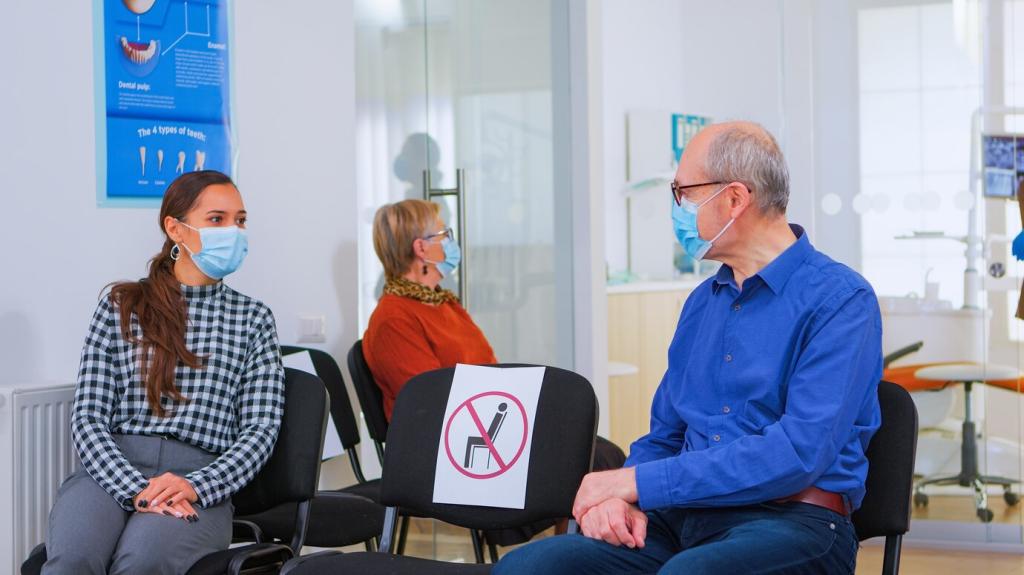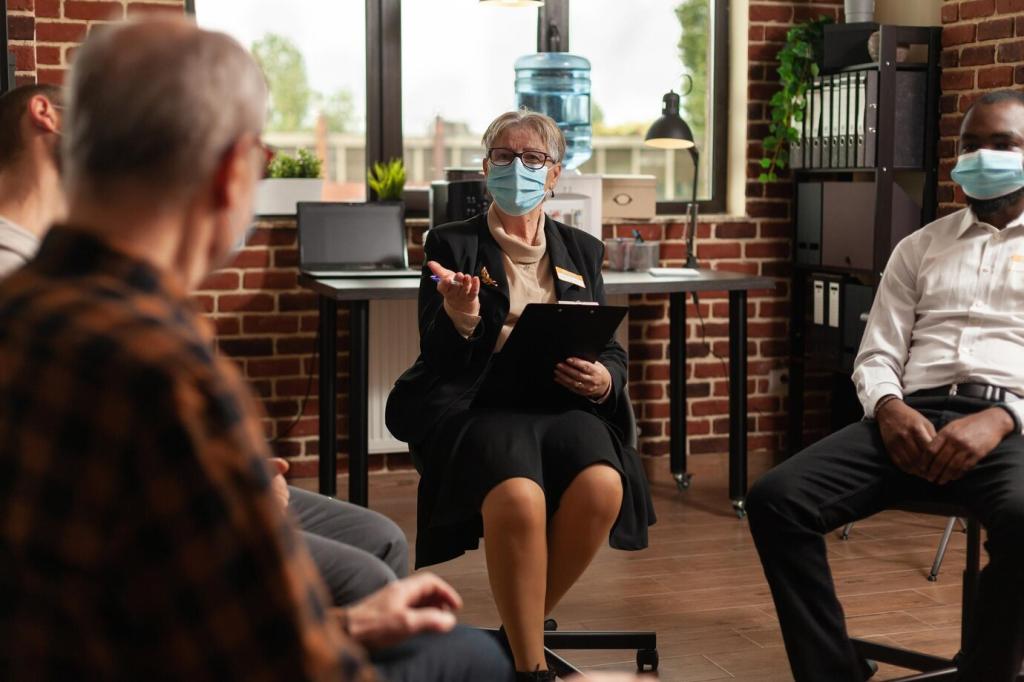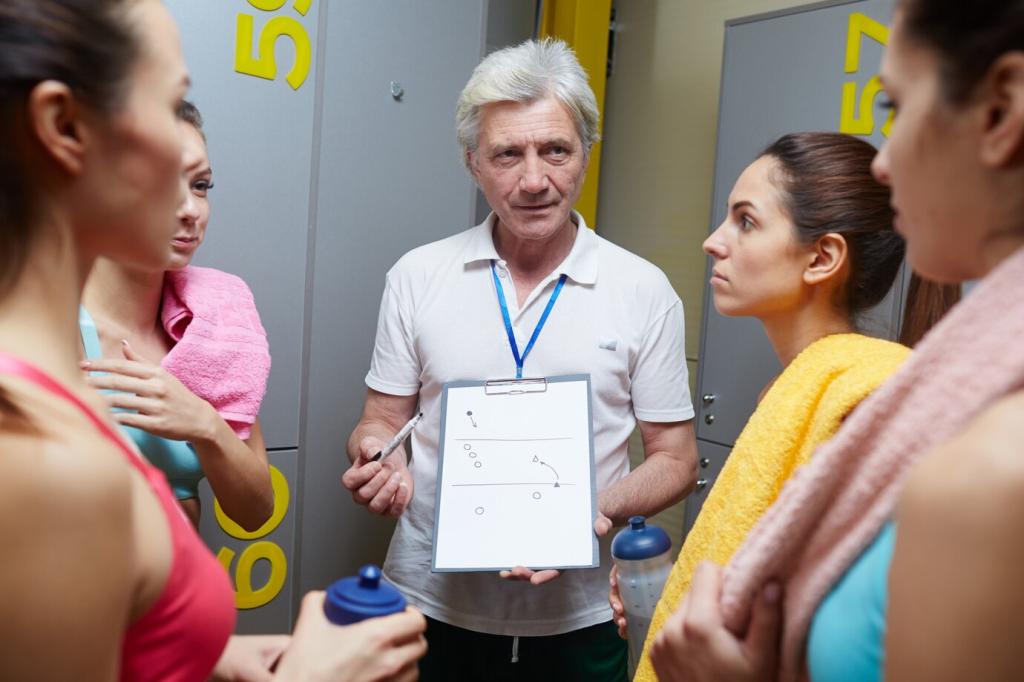Define Your Relaxation Goals First
Some sanatoriums focus on classical recovery after illness or injury, while others emphasize stress reduction, sleep, and nervous system balance. Decide where you sit on that spectrum to match therapies to your specific relaxation outcomes.
Define Your Relaxation Goals First
A sanctuary for solitude won’t always suit a lively family. Check whether children’s programs, quiet zones, or couples’ suites exist, then choose the rhythm that supports your most restorative version of relaxation.











